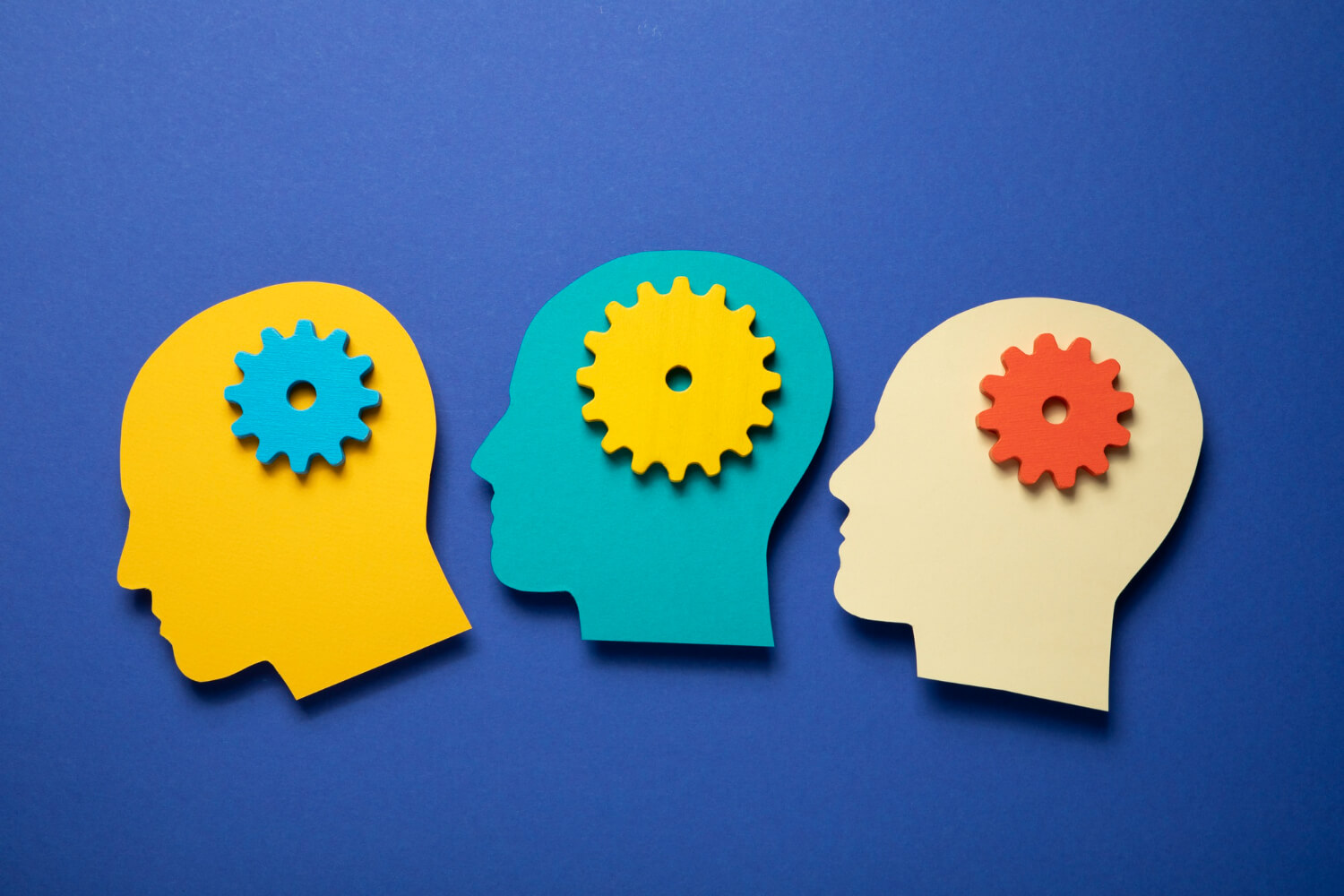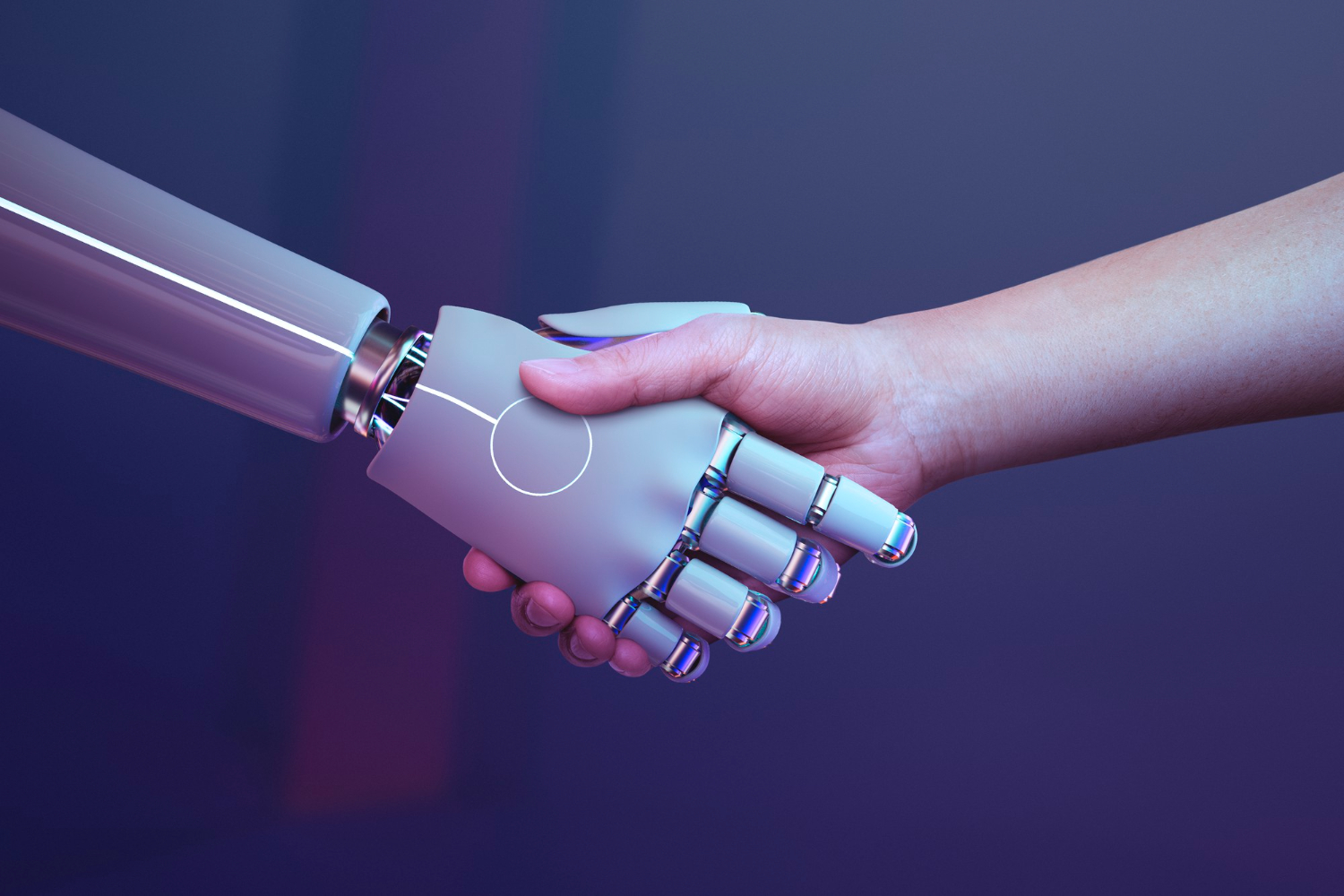
What skills small teams need as AI reshapes workflows
AI tools have moved far beyond drafting emails or generating summaries. Small teams across the UK are already weaving artificial intelligence into analysing customer feedback, running risk assessments, scanning compliance documents, and supporting market research.
As these capabilities expand, so does the uncertainty about what skills are needed to keep pace.
The pressure is mounting. Recent research shows over a third of UK businesses (36%) lack the expertise to implement AI effectively, slowing down projects and acting as a handbrake on progress.
This article sets out the essential mix of AI-specific skills and human-centric skills that small teams need today. Rather than chasing every trend, the aim is to highlight where to focus so AI strengthens teamwork instead of straining it.
The essential AI-specific skills for small teams
AI is reshaping everyday work in ways that go well beyond simple tasks. To keep pace, your team needs a few core AI skills that make the tools effective in real workflows. These don’t require you or your team to be experts from day one. They’re practical capabilities you can all pick up gradually, in the flow of everyday work.
1. Prompt design with context
Learning how to shape clear prompts is one of the quickest wins. When you give AI enough context, its answers become more fitting to your business reality.
Think of the difference:
Simple prompt: “Summarise customer feedback from Q3.”
Context-rich prompt: “Analyse customer feedback from Q3 2024. Identify the three most frequent pain points, categorise them by severity, and suggest operational changes that could be addressed within our current £15,000 budget.”
The second prompt gives your team something you can actually use in a meeting. Over time, your team will also find value in chaining prompts together (for example: analyse competitor pricing → generate positioning options → refine for your market segment). This is how AI shifts from a handy tool into a partner that supports decision-making.
2. Data literacy
You and your team don’t need to become data scientists. What helps is a basic comfort with the data you put into AI tools and the results they produce.
If your team is using AI to review client feedback, it pays to know whether the sample size is meaningful, whether responses show bias, or whether the data is recent enough to act on.
Different types of data also behave differently. Text from customer emails won’t be treated the same way as sales figures or images. By developing this literacy together, your team will feel more confident spotting when results are trustworthy and when they need a closer look.
3. Workflow integration know-how
For your team, this skill is knowing which tasks are worth handing to a tool, how outputs are reviewed, and how they come back into the work everyone sees.
When your team has this clarity, AI fits in naturally. It takes care of the routine steps, allowing your team to spend more time on the decisions and conversations that require human judgement.
Integration also links to your broader AI strategy. Tools will change fast, features will shift, and some platforms will disappear. When your team treats integration as part of a bigger plan, you stay flexible enough to adapt without losing momentum.
 The equally critical human-centric skills
The equally critical human-centric skills
As AI takes on more routine analysis, human skills become even more valuable. They are what keep your team’s work accurate, ethical, and aligned with business goals. Here are the human skills needed for artificial intelligence to be applied responsibly.
1. Judgement and critical thinking
AI outputs can be impressive, but they aren’t always right. In fact, 23% of regular AI users say they encounter ‘AI hallucinations’ very or fairly often. This makes it important for your team to build habits for checking outputs quickly and consistently.
A small retailer might use AI to predict seasonal demand. Yet, human leaders still weigh factors that AI cannot accurately capture, such as competitor behaviour, local market quirks, or cash flow realities.
By questioning outputs, weighing them against your knowledge, and applying context, your team makes stronger decisions.
2. Creativity and innovation
AI can generate drafts and variations at speed. But teams often notice the same pattern: the ideas feel familiar, even predictable. That’s where human creativity makes the difference.
Your team can use AI to quickly draft ideas, then refine those results into something original. Whether it’s shaping a new campaign, refining a client proposal, or finding fresh ways to present data, creativity ensures the final output feels distinctive and authentic.
3. Collaboration and communication
When one person works with a tool in isolation, results can be inconsistent or misunderstood. The real value comes when your team talks openly about what’s been tried, what worked, and what fell flat, while working with AI.
Sharing prompts, lessons, and even failures makes AI a collective asset rather than an individual shortcut. When your team shares these openly, AI stops being a solo shortcut and becomes part of the group’s rhythm. Everyone knows how it’s being used, and no one feels left out of the progress.
4. Emotional intelligence and adaptability
Your team’s empathy continues to drive client trust and smooths out difficult conversations. Leaders see this clearly when AI frees up time: what matters most is how people use that space to connect.
Adaptability works hand in hand with empathy. Tools will change, features will shift, and some platforms will disappear overnight. Teams that combine empathy with adaptability can keep relationships steady while adjusting to new tools as they arrive.
 Where AI and human skills meet
Where AI and human skills meet
The strongest teams see AI-specific and human skills as interdependent. AI handles scale and speed; people provide judgment, communication, and context.
Here are two practical examples:
Risk analysis in professional services: AI processes market data and regulatory changes. Human judgment interprets results in relation to a client’s strategy and risk appetite, then communicates options in plain language.
Compliance documentation in marketing: AI drafts regulatory language quickly. Human collaboration ensures the draft matches campaign strategy and tone, and that subtle risks are addressed.
In both cases, neither side works on its own. The combination of AI precision and human oversight creates results that are faster, safer, and more relevant.
Staying confident as AI reshapes work
If you’re already weaving AI into your workflows, you’ve likely seen both sides of it: the speed and the uncertainty. The question is how you build the skills that let you stay in control of it.
The skills you must build aren’t just “AI skills.” They’re also the human abilities that have always mattered (judgement, creativity, collaboration, adaptability), now applied in a new context.
The teams that thrive are those that know how to integrate AI into their existing workflows: confidently, responsibly, and collaboratively.
There may be untapped potential in how your team is using AI today. Adapt helps small teams uncover those opportunities and set up AI to bring out the best in how your team works together.


